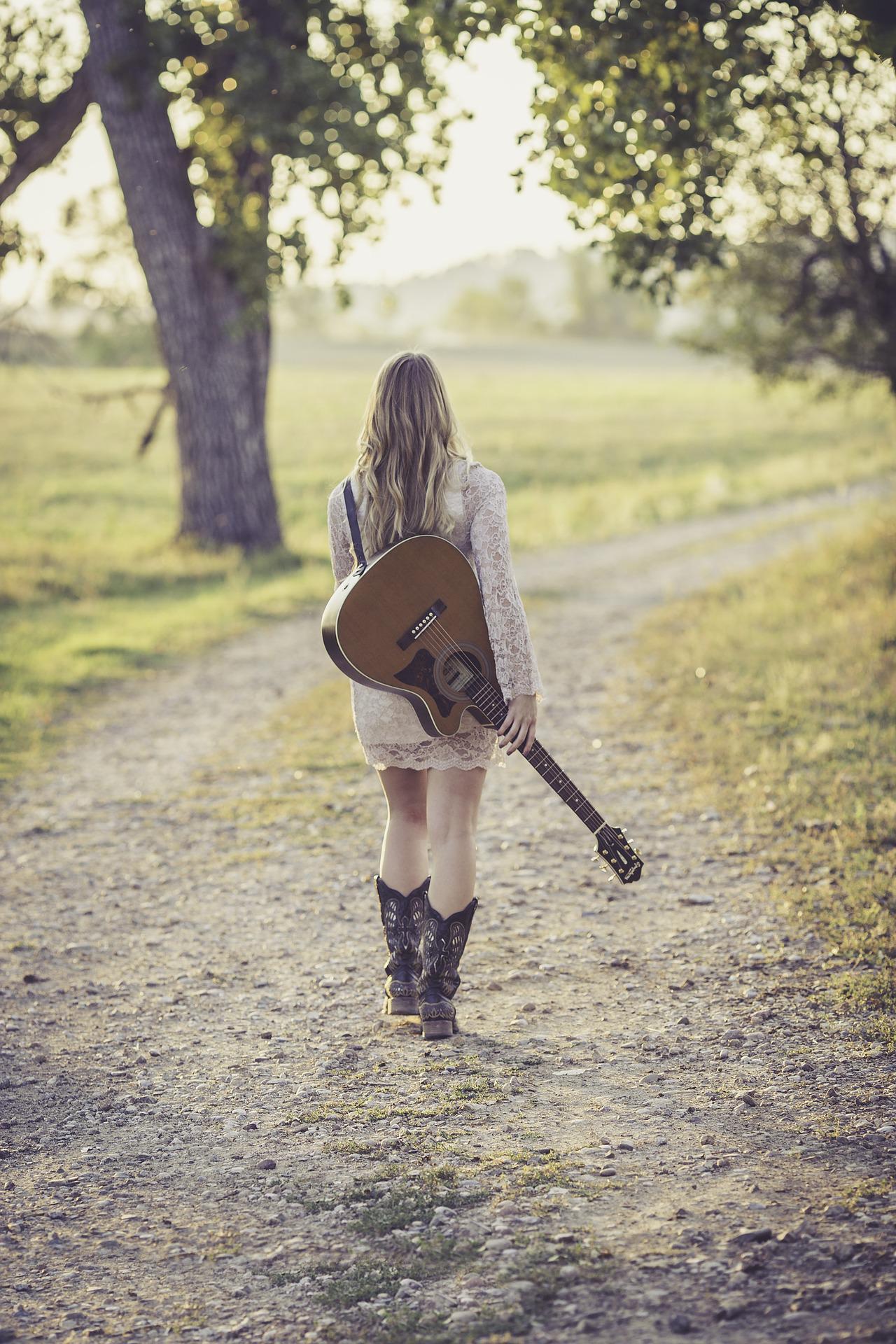
Most people might think of “musician” as someone who plays professionally or as a hobby, but it doesn’t have to be just that? A musician could be someone with an interest in music.
It takes some time to learn how to become a professional musician. There are two things you need to know: 1) you have to have the desire for it, and 2) you have to believe in your own skill as one. After all, being a musician isn’t really a profession or occupation, but rather something more like a calling.
Meet a lot of wonderful people and talented teachers along the way. They teach not just music, but also self-control, overcoming difficulties, and allowing oneself to reach their goals. Teachers provide a lot of hard work, patience, and knowledge that they pour into their students; it’s up to us to emulate them.
Aleksey Ladik, a well-known musician and artist, was born in 1985 and graduated from the Moscow State Department of Music in 2010. He has vast interests outside music as well. When did he start to know that he wanted to be a musician?
“I have often found in life that many important, life-changing decisions come by accident. It can be said that I started playing the flute by accident. I was six years old & back then, I was just an ordinary kid. He learned to read a lot, he loved to draw, he played football a lot, but at that time he did not think about music. The flute is my main profession, what I studied for and worked hard for. I started playing music through the flute, which was my instrument for many years. It’s been a major part of my education and has been an important part of who I am.
My first instrument was a Yamaha semi-professional flute that I borrowed from a teacher in college. Her melodious, balanced sound is great for learning, developing creative skills and playing technique. Her second flute is already a professional Muramatsu Flute. It’s a very popular and well-known tool in the professional environment. I love my flute because it has a gentle, melodic voice. It also sounds somewhat similar to human voices. You can play it and get that amazing experience of self-sorting while touching your fingers to the instrument. Participating in this ensemble was a big step for me because it allowed me to develop as a musician. I could immerse myself in the atmosphere of creativity and co-creation. The personality of my teacher also played a huge role in this. He was a terrific musician, an excellent teacher, and he had a way with children.
He also always insisted on the authenticity of the piece and delivering a first-rate performance. I arranged the music myself, because I wanted to play music that would be liked by the audience. We loved our teacher. Rehearse now and you’ll be a stage performer someday. Practice accuracy, style and harmony as an ensemble as if you were one person with music in your blood. An ordinary high school can develop talent just as well as a specialist music institution.
The ensemble rose to success in the smallest of festivals and competitions. Their repertoire includes works by Mozart, Beethoven, as well as music from the Classical era. How could kids performing old music be anything but touching? The repertoire was expanding and the composition of the ensemble was at the level that they could compete with the best. The invitations to prestigious international competitions and festivals proved it. Their performances were highly appreciated not output text: – both by audience, as well as professionals.
The geography of tours and performances of the ensemble for a schoolchild in the late 90s and early 2000s was truly impressive: Belarus, Poland, Lithuania, Germany, the U.A.E., South Korea. I can say that my experience with various cultures has made me more open-minded and tolerant to different societal norms. Music is an important part of our lives and we all love it in different ways. For example, I loved bard songs as a child and so reconnecting with them has brought back the sense of nostalgia that I felt during my childhood. When I started to take music more seriously, I also got interested in all sorts of way more electronic music. This helped shape my musical taste and broaden the horizons for what is possible in popular music.
People are usually impressed by the depth of this playlist. They love how it encompasses a variety of different genres from past and present times. Even though I don’t love all the music in this list, there’s plenty to like about them as well. Change is the one true constant in this world. Some things are great while they last, while others will be with us forever. However, new content & ideas will always generate. New artists try to find a new perspective that resonates with people’s hearts and minds.»
This is one of the most common questions people ask?
Music has the power to speak volumes to someone through its meaning. It can empower and make people feel better when they are down or lift up their spirits when life is going well.
The contrast this music creates between the fast and slow tempo which is capable of putting the listener into a trance like state has been attracting many artists.
Music is so universally loved that it doesn’t matter who they are or where they’re from. You can have 12 different sounds that repeat at different frequencies, but the emotions and feelings people associate with music transcend anything that can be summed up logically.
“Musicophilia” by Oliver Sacks is an interesting book. Dr. Sacks talks about the nature of music, the reasons we listen to it, and why we’re so attached to it. His explanations are clear & fascinating: they’re unusual but at the same time familiar – as though he’s describing something you’ve always known.” You will learn how music affects human emotions and why each of us listens to music in different ways.
Art is supposed to make the world a better place, so it’s important to know that there is good and bad in our hearts. Art is just a reflection of what we feel and you’ve just got to be philosophical about it.
Poetry is a reflection of the inner workings of an individual and their spiritual values. It can also be used to further explore different perspectives; this encourages independence and freedom as well as creativity.
Music helps make the world a better place. It can bring goodness and justice to the world, turn protest songs into hymns of love, and give someone hope when they’re feeling lost. Music is there for everyone from their birth to their death.
Sometimes people come to psychiatrists with various illnesses, which are sometimes treatable or even curable. This isn’t mysticism – it’s a recognised, proven fact in the field of psychiatry. You can talk frankly to a professional and share knowledge, experiences and other insights. It’s always a pleasure to talk with beginners about music and explain the basics. Seeing the light go on in their eyes as they realise that music is actually pretty straightforward is great.
A musician is a space for creativity when there is so much chaos. It’s like a state of mind that professional musicians go to sometimes. They release their emotions, even if they’re making money in the process.





